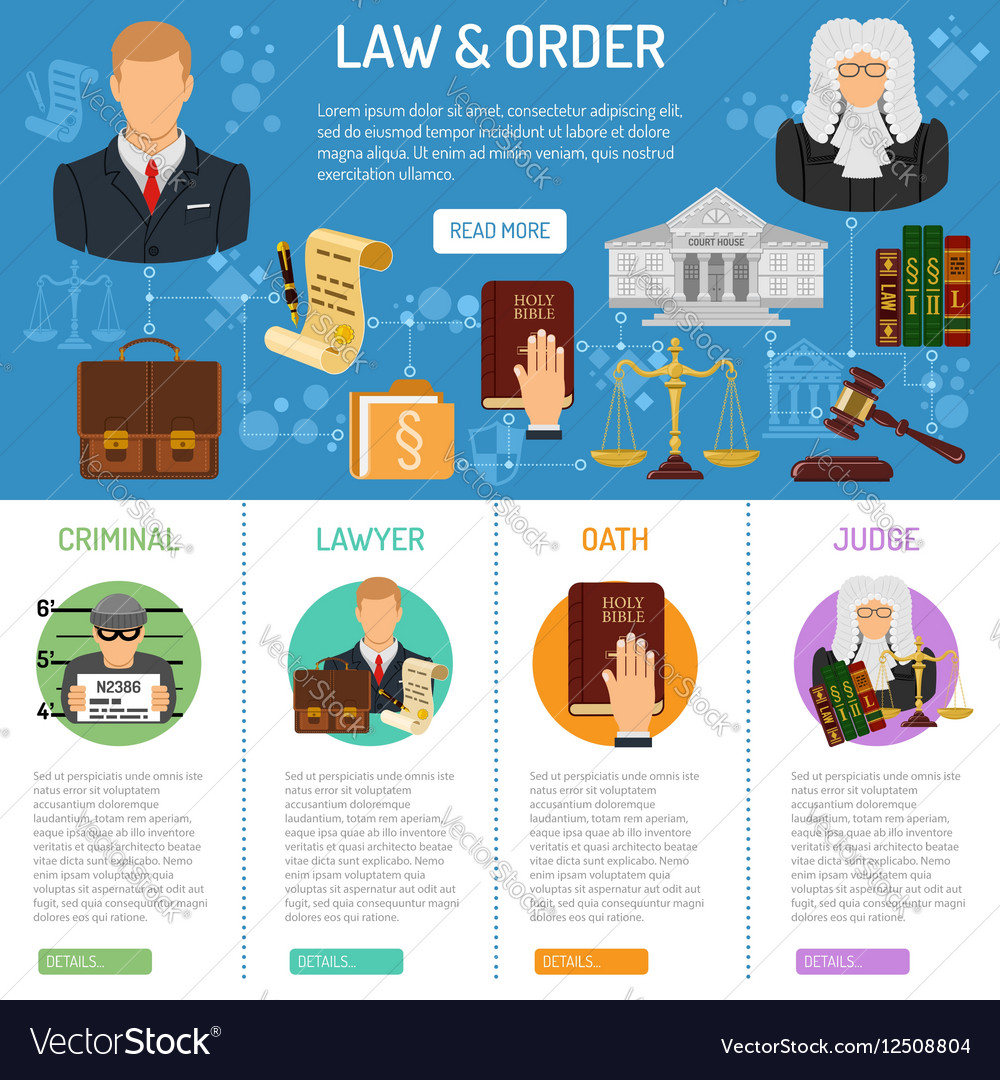Acknowledging The Substantial Role That Evidence Plays In Criminal Protection Can Make A Considerable Difference; Learn More About The Crucial Elements That May Influence The Resolution Of Your Instance
Acknowledging The Substantial Role That Evidence Plays In Criminal Protection Can Make A Considerable Difference; Learn More About The Crucial Elements That May Influence The Resolution Of Your Instance
Blog Article
Write-Up Developed By-Fisher Hussain
When you consider criminal protection, proof is often the first thing that comes to mind, and for good factor. It's the structure upon which your situation stands, shaping the story and influencing the jury's understanding. Various sorts of evidence, from physical to digital, each play an one-of-a-kind function in developing a defense. However not all evidence is treated similarly; admissibility standards can make or damage your defense technique. Understanding these nuances is critical, particularly when thinking about just how they can affect the end result of a test. So, what should you understand about these standards?
Sorts of Evidence
When it concerns criminal protection, understanding the types of evidence can make all the distinction in your case. Proof comes under numerous groups, each playing an essential duty in developing the facts of your situation.
One usual kind is testimonial proof, which includes statements made by witnesses. Their accounts can supply insight right into what occurred and can either sustain or challenge the prosecution's claims.
Physical evidence is an additional important kind, incorporating concrete items like weapons, clothes, or finger prints. This type of evidence can directly connect you to a crime or aid refute accusations against you.
Then there's docudrama evidence, which includes records, pictures, or any written materials relevant to your case. These papers can provide a timeline or context that's vital for your protection.
Finally, you can not forget electronic proof, that includes data from smart devices, computers, or social media. This kind of proof can disclose essential information about your tasks or communications.
Admissibility Requirements
In criminal protection, the admissibility of evidence is crucial to your instance's outcome. You'll need to comprehend the criteria that establish whether proof can be utilized in court. Typically, evidence has to matter, trustworthy, and obtained lawfully to be taken into consideration acceptable.
https://www.opb.org/article/2021/10/13/multnomah-county-district-attorneys-office-ernie-warren-resignation/ implies the proof must directly connect to the case and aid verify or refute a truth moot. If it does not connect to your protection or the fees versus you, it might be excluded.
Reliability makes sure that the proof is legitimate and trustworthy; as an example, eyewitness statement can be cast doubt on if the witness has a history of unreliable accounts.
In addition, proof needs to be gathered according to legal treatments. Any type of proof acquired via illegal means, such as an unlawful search or seizure, might be deemed inadmissible under the exclusionary policy.
Understanding these criteria can equip you to function successfully with your attorney. They'll navigate the complexities of these rules to strengthen your protection, ensuring only the most effective evidence exists in your support.
Constantly remember, the admissibility of proof can considerably affect the court's understanding of your situation.
Impact on Protection Techniques
The admissibility of proof straight shapes your protection strategies. When evidence is regarded acceptable, you can use it to build a solid situation. Alternatively, if proof is ruled inadmissible, you need to pivot your strategy. Understanding what proof the prosecution can offer aids you expect their arguments and prepares you to counter them effectively.
You'll want to focus on event evidence that supports your protection. This might include witness statements, expert statement, or documents that difficulty the prosecution's claims. The objective is to create affordable uncertainty in the minds of the jurors. If particular pieces of proof are weak or controversial, you may consider a technique that stresses other strong elements of your case.
Moreover, the sort of proof-- whether it's forensic, testimonial, or digital-- will certainly dictate how you connect your protection. You'll need to craft compelling narratives that resonate with the court while using permissible evidence to back up your claims.
Ultimately, your method should be adaptable, allowing you to adjust as brand-new proof emerges or as rulings are made. Each choice you make need to line up with the objective of guaranteeing the very best possible result for your case.
Conclusion
In criminal protection, proof plays an essential role in shaping your case. By recognizing the different sorts of proof and their admissibility requirements, you can reinforce your defense method and produce sensible doubt in the minds of jurors. Collaborating closely with your legal advise makes certain that your evidence exists efficiently and adapts to any type of new developments throughout the trial. Eventually, the right proof can make all the difference in accomplishing a beneficial end result.
